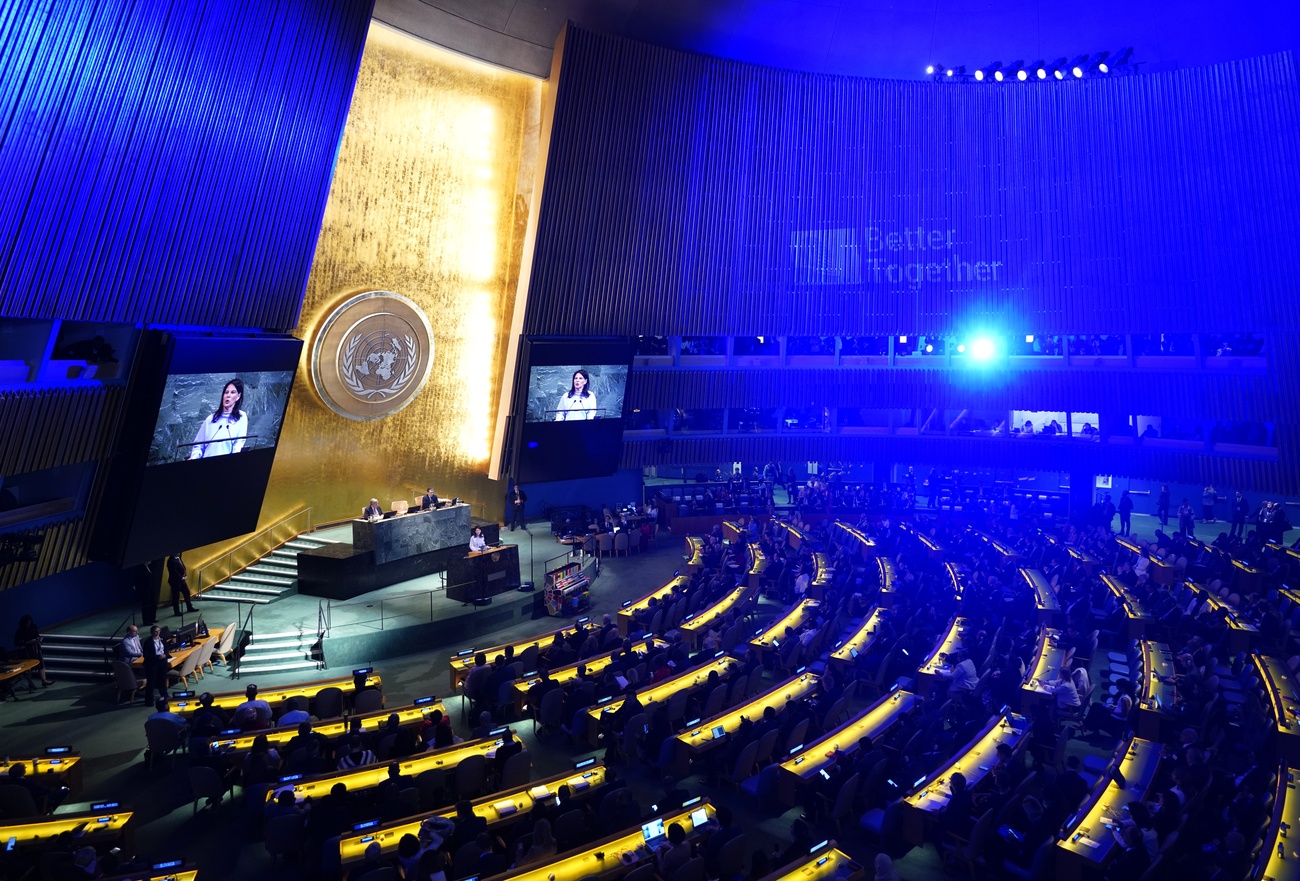
A surgeon on a heartfelt mission
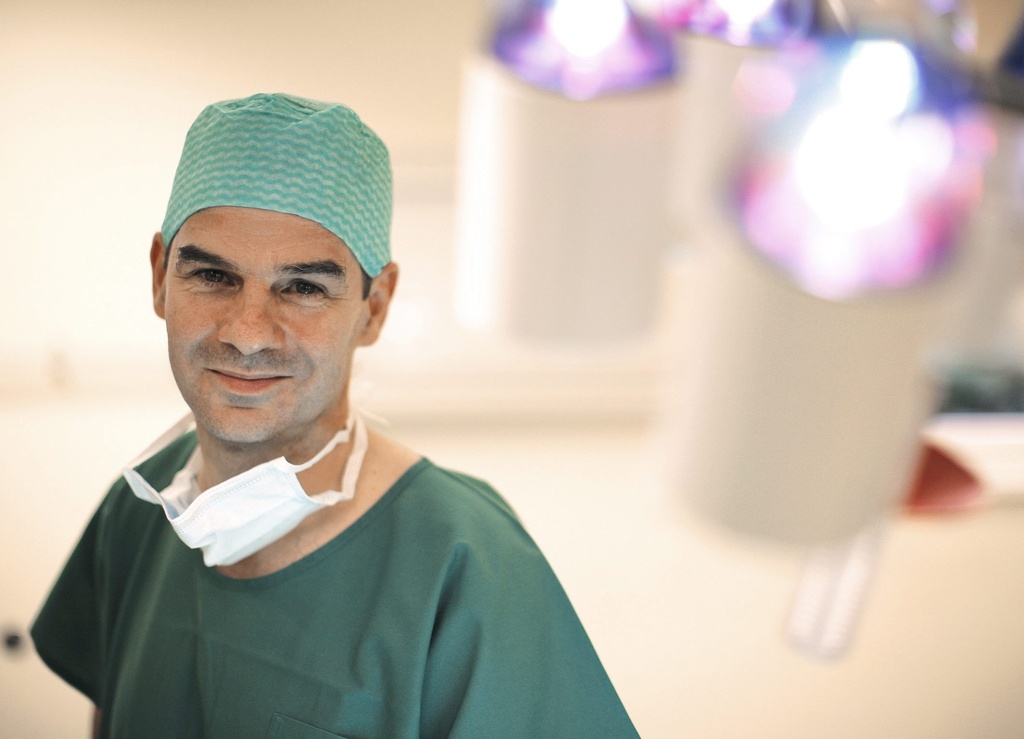
Heart surgeon René Prêtre, Swiss of the Year, brings passion and dedication to his job which sees him treating children in both Switzerland and Mozambique.
He told swissinfo.ch how a stint in New York opened up his eyes to amazing properties of the human heart – and how over all these years he has never lost this sense of wonder.
Prêtre, 52, grew up on a farm in the French-speaking Jura and studied medicine in Geneva. He is now professor of surgery at Zurich University and head of paediatric cardiac surgery at the University Children’s Hospital, carrying out 300 operations a year.
He was voted Swiss of the Year by viewers on Swiss public television on January 9, an honour which he says is all the more special because it came from the public.
The surgeon was not, however, able to pick up the award in person because he was operating on children in Mozambique as part of charitable work he does there once a year. Prêtre said he chose the programme in Maputo because it involves training local people as well.
swissinfo.ch: You have just returned from Mozambique. What kind of conditions and cases did you encounter there?
René Prêtre: The work conditions were good. They have an old hospital which has been transformed and the material usually comes from Europe because we have old devices here which are still running fine. Think of your computer – when you change the old one it’s still working. We usually have to be a bit careful getting used to it again but it’s not such a problem.
The children are a bit different. We don’t see exactly the same pathologies here. We try not to do too risky operations, but usually the children come to us late and it’s sometimes a bit more difficult.
We select those kids who after one or two operations should almost have a normal heart and probably will be integrated into society and be active instead of being supported, but we cannot do everything. Here in Switzerland we operate on almost every kid with a heart defect and I know we at least improve their life quality, even if everyone will not be able to do everything.
But in Mozambique we are more selective because we have limited amount of resources and time… and we would like to operate three kids a day, so in the end the maximum number of children have profited from our stay.
swissinfo.ch: What percentage of children in Switzerland are affected by heart problems?
R.P: We know that 0.8 per cent of children come into the world with a heart defect. Fifty per cent of them will need at some time some treatment and 50 per cent have very mild defects which we can leave alone and they usually have a normal quality of life.
swissinfo.ch: What is the prognosis these days?
R.P: It really depends on what you have. I think more than half of them will have a very good prognosis in terms of quality of life and life expectancy. We’re also dealing with children with very big malformations, for instance, when half of the heart did not develop.
Our operations are extremely efficient and we can set the circulation so it works very well… At the very end when the heart is failing you can still consider transplantation and I think some of them will need a transplant. I hope it comes late, at the age of 30-40, because a transplantation gives you a good 20 years of life.
swissinfo.ch: Are there any cases of which you are particularly proud?
R.P: Oh I’m proud of almost all of them (laughs). Sometimes you also get this feeling when you have the impression that you did a very good job and not very many people could have done that, or after you have saved someone’s life – and this happens sometimes.
Journalists always say “he’s saving kids’ lives”. I don’t see it like that because if I don’t operate today, the child won’t die on the same day. We operate so that the children’s life expectancy is much better – maybe normal – and without our operation they would die after maybe 20-25 years. So it is not as dramatic as usually reported. But still we have a few kids who are really in the dying process and we are usually extremely important at this moment. When everything goes fine, well, you have a special feeling then.
swissinfo.ch: You spent a total of three years in New York doing a lot of operations early in your career in the late 1980s. What did you learn there?
R.P: There was much to operate. I was on the trauma team for quite a while. It was New York before Giuliani: very nice but also very dangerous, so we had a lot of gun shots and stabbings. For a young surgeon this meant a lot of work. Probably this is the time when I really learned to operate, to be quick, efficient and to perform good surgery.
Also it’s where I discovered the heart because the chairman was a heart surgeon. He was also a farmer himself –probably a much bigger farm in Texas compared with my parents’ farm – but we had some discussions about cattle and horses and so on and he enjoyed that very much. He took me very many times into the ER [emergency room operating theatre] and showed me how a heart functions and how we can deal with it.
I was mesmerised by this guy and I thought this is also the kind of surgery I want to do. I was no longer able to operate in the abdomen because, after that, the liver and kidneys lost their appeal. The heart has an additional dimension, just by the fact that it moves, it beats and it reacts when you move it, you know, the beat is changing – you almost feel a personality in this organ. It’s something simply magic.
swissinfo.ch: You bring a lot of passion to your job.
R.P: I still like it very much. For me the word routine does not exist. I always have this special feeling when a heart starts to beat again after it was arrested for a while… It’s a wonder of nature and you almost have the impression life is coming back – although life was still there and we do not interrupt life. But for us, affectionately or emotionally, the heart represents life – and love – I still find this moment fascinating.
Isobel Leybold-Johnson in Zurich, swissinfo.ch
The televised Swiss Awards give prizes to five personalities in politics, culture, economics, show business and society. One of them is crowned Swiss of the Year, decided by the viewing public.
This year’s category winners were Dimitri, a clown, (culture), businesswoman Barbara Artmann (economy), Zurich resident Tina Turner (show business), parliamentarian Otto Ineichen (politics), René Prêtre (society). Sportsmen and women of the year also are considered. The lifetime award went to 90-year-old cycling legend Ferdy Kübler.
Winners since the prize started in 2002 include Roger Federer, Peter Sauber and
Eveline Widmer-Schlumpf.
René Prêtre was born in 1957 in the Jura into a large farming family. He studied medicine in Geneva but was also very interested in football, which he played to a high standard. He still maintains an interest in the sport.
After his studies he went to New York. He has also worked in Britain, France and Germany.
Prêtre has been head doctor of the heart surgery department at the Zurich University Children’s Hospital for eight years and is professor at Zurich University.
He has his own foundation, le petit coeur, which funds his humanitarian work in Mozambique. Since 2006 he has travelled there once a year with a team of colleagues, operating on around 30 children in two weeks. The work forms part of a programme by the French foundation, la Chaine de l’Espoir, for ten teams to undertake operations at the Instituto do coração, providing care all year round.

In compliance with the JTI standards
More: SWI swissinfo.ch certified by the Journalism Trust Initiative
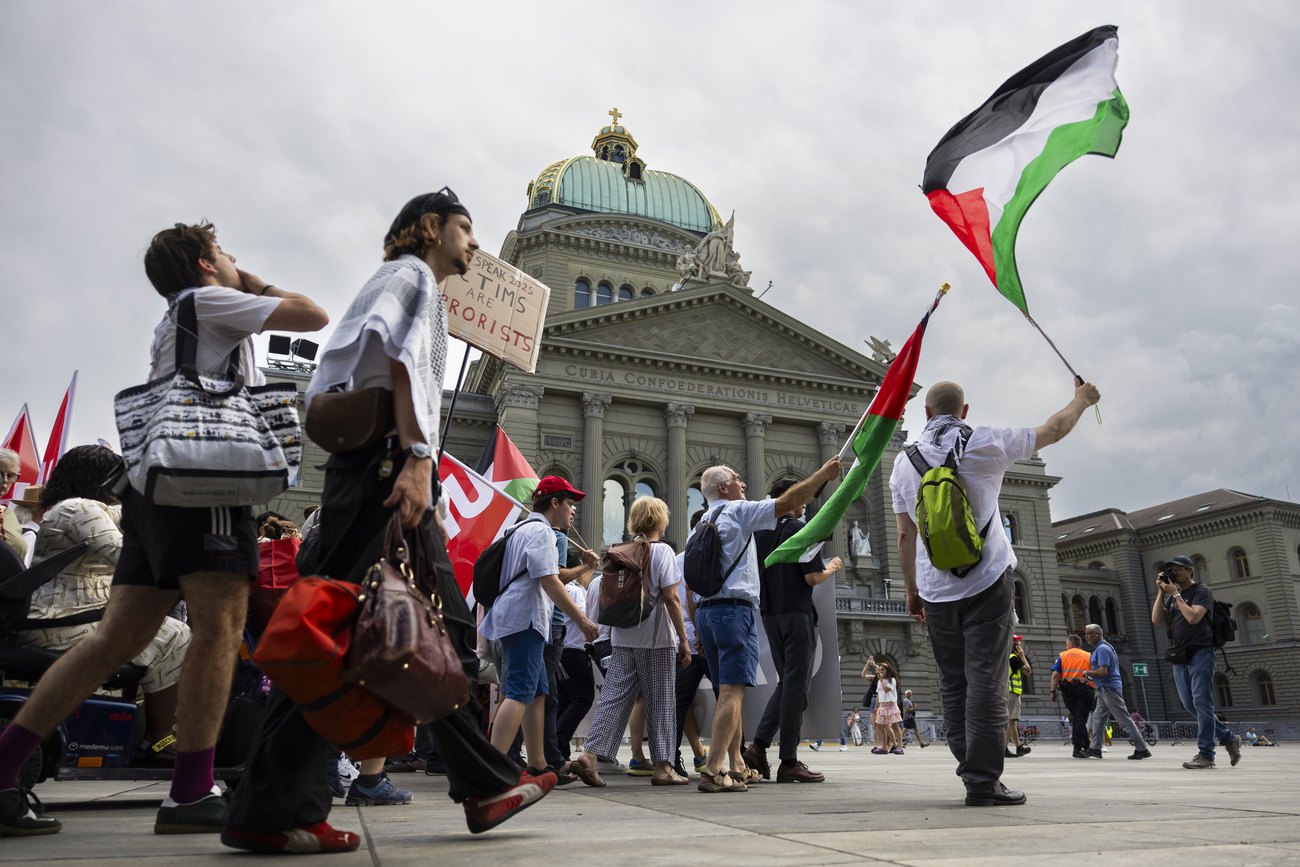
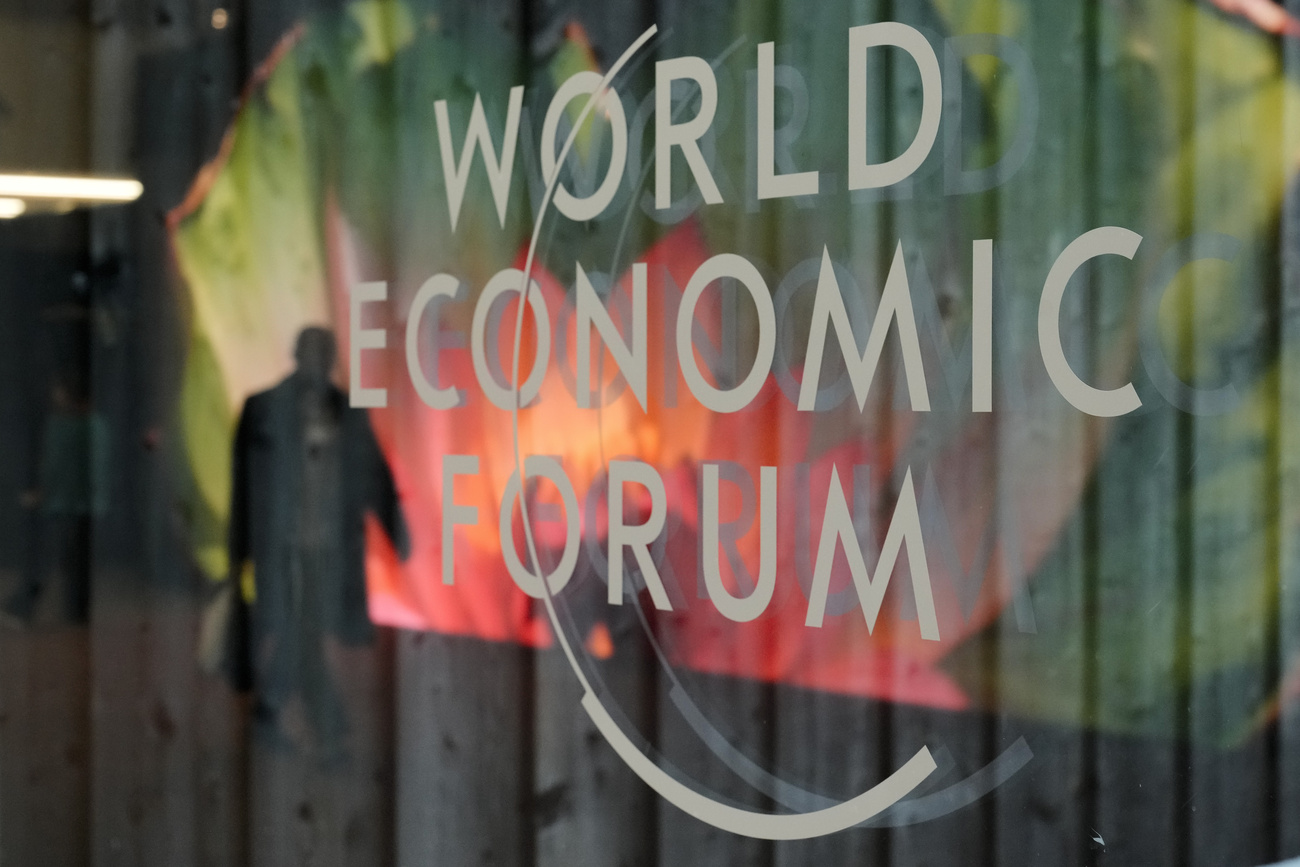
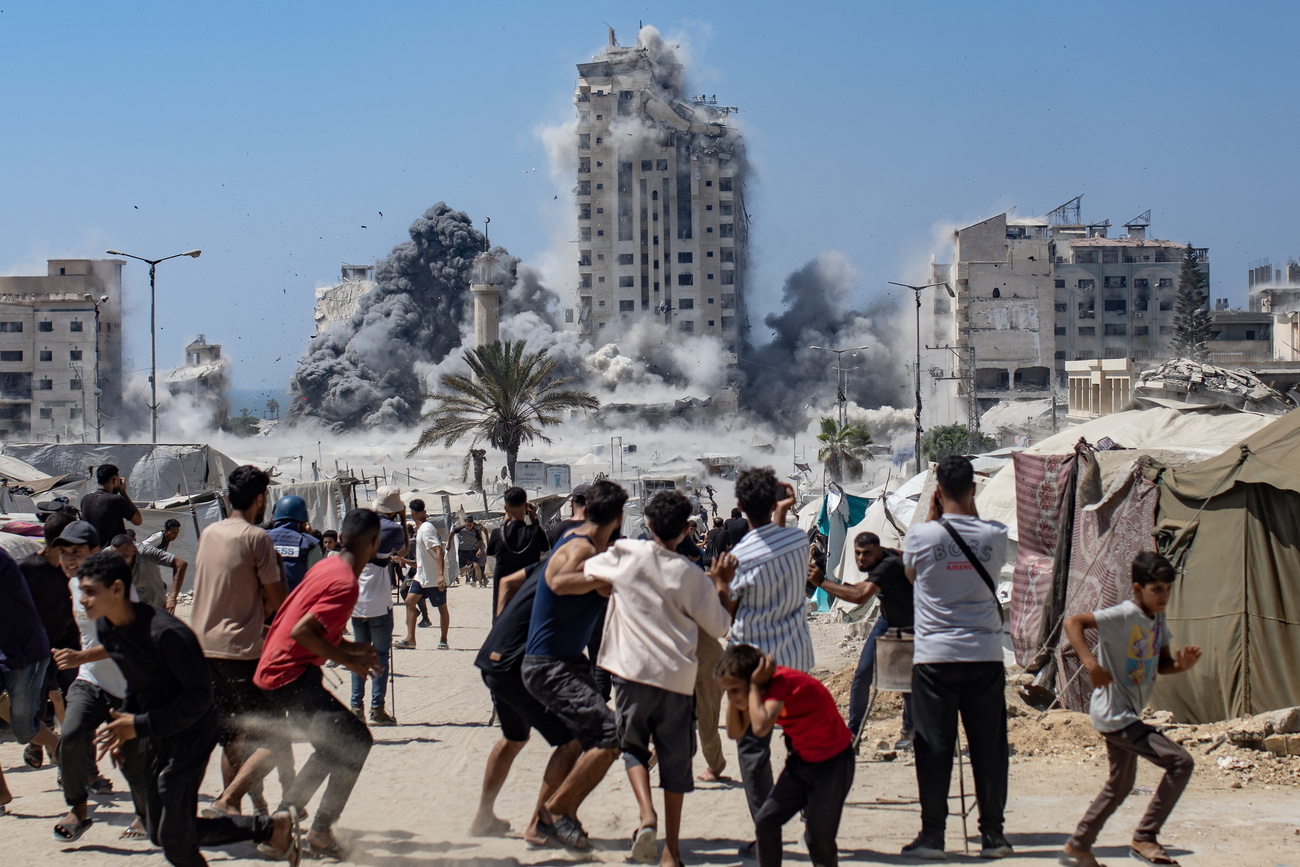





















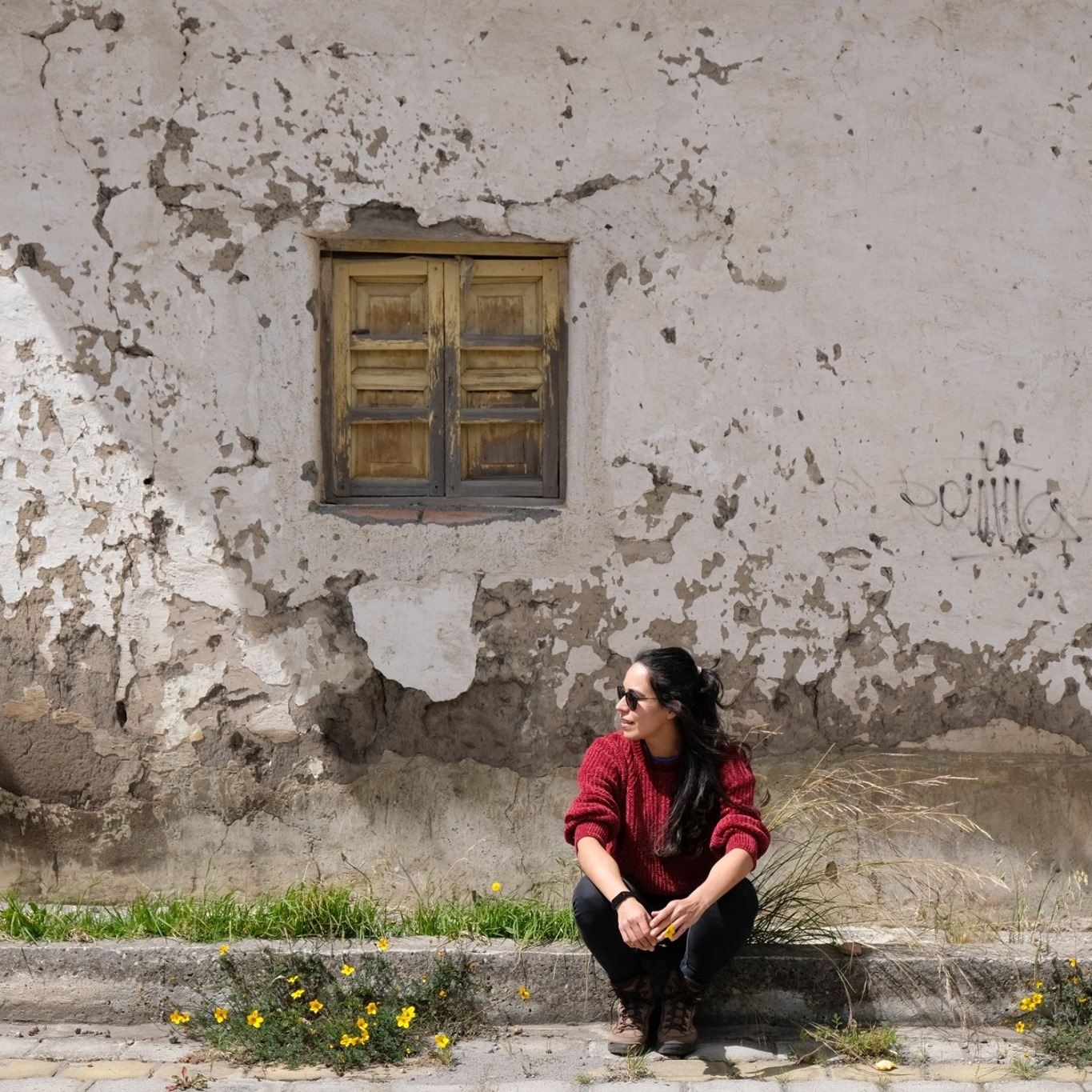


You can find an overview of ongoing debates with our journalists here . Please join us!
If you want to start a conversation about a topic raised in this article or want to report factual errors, email us at english@swissinfo.ch.